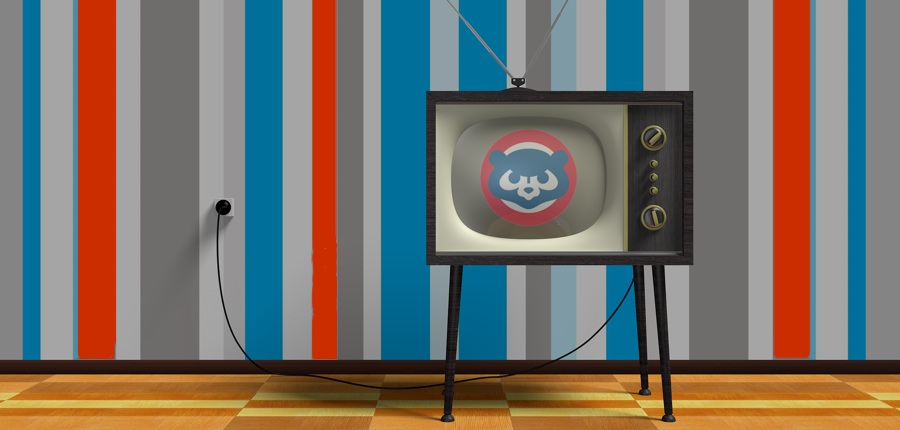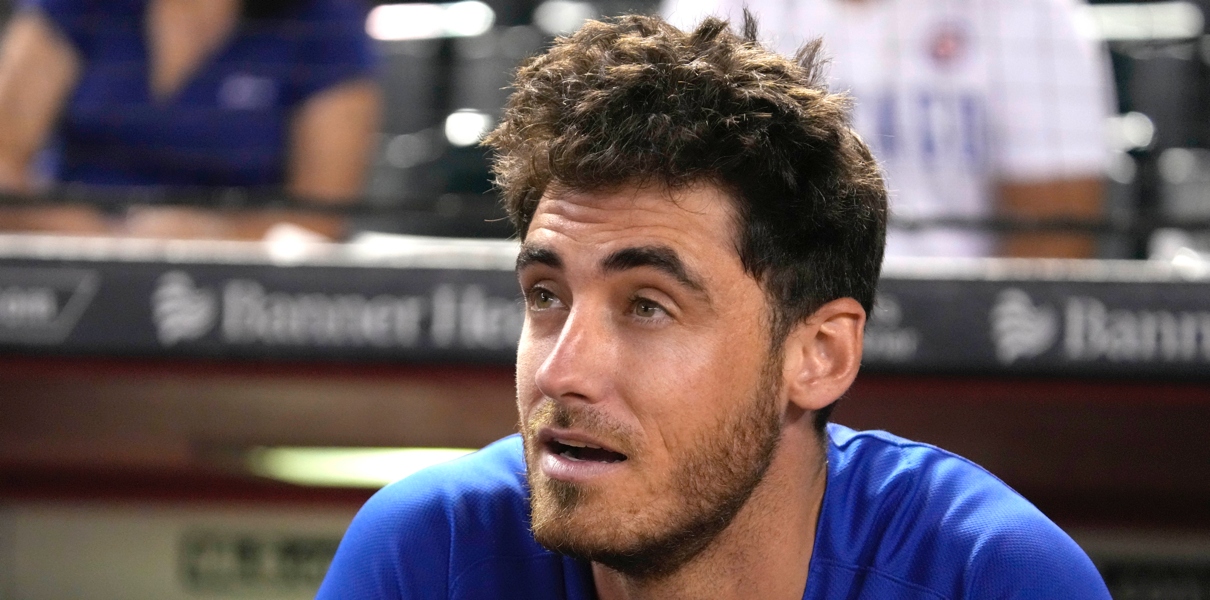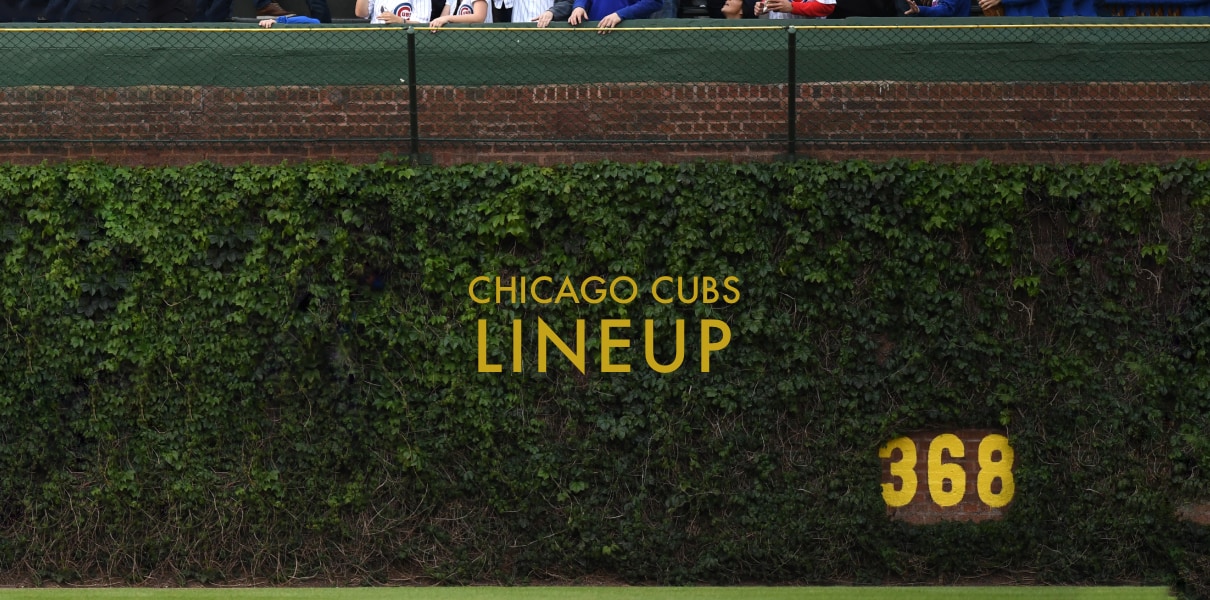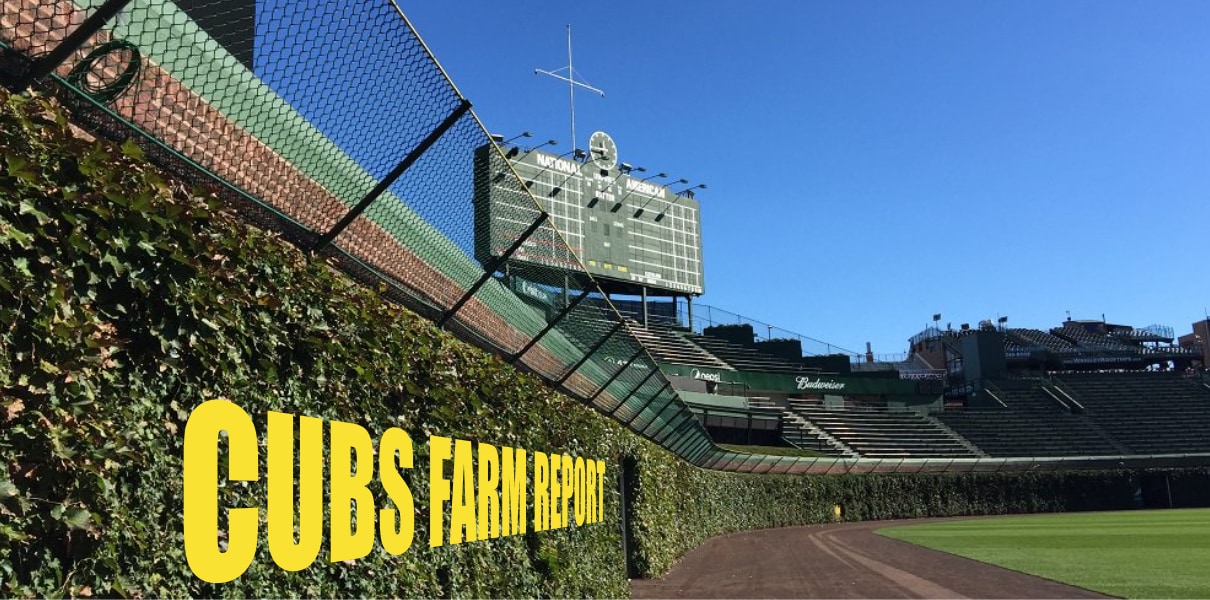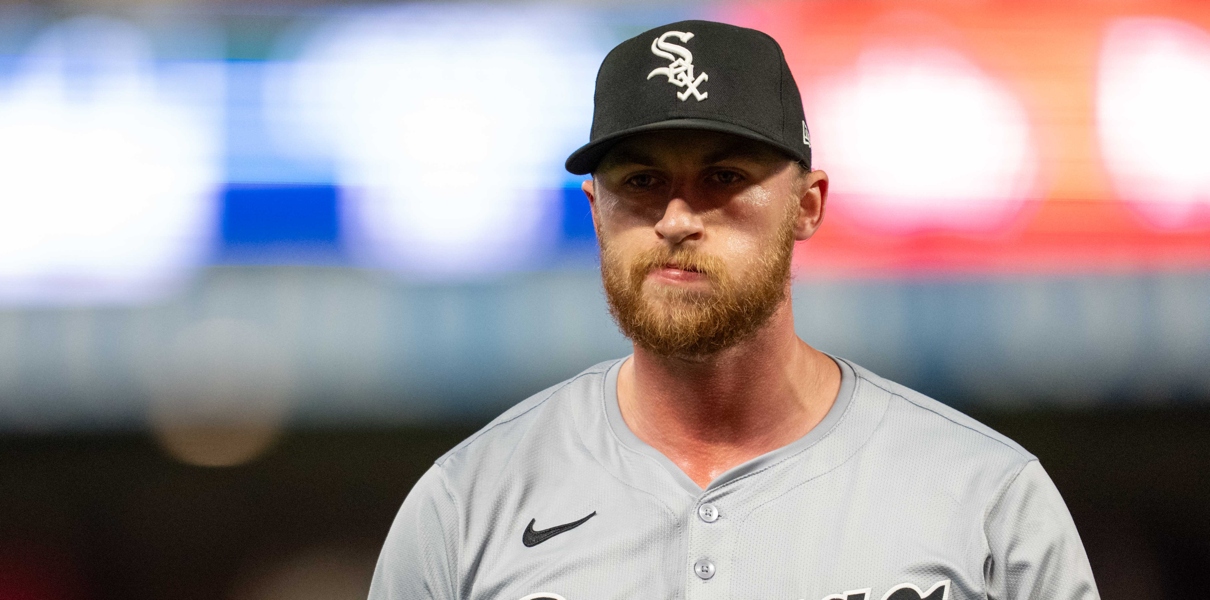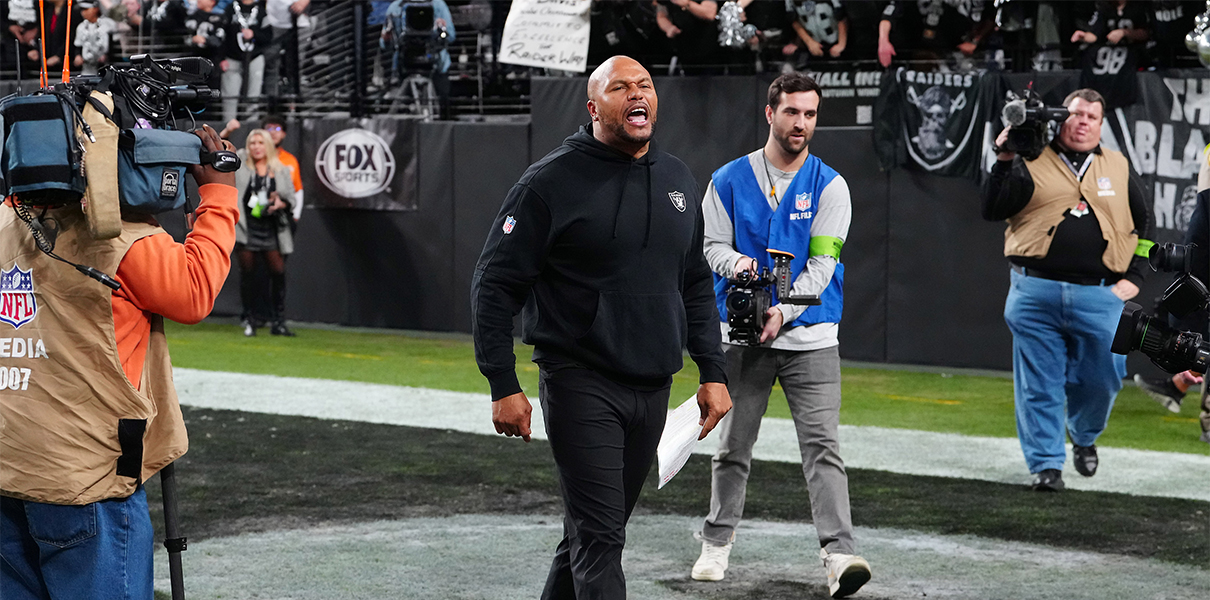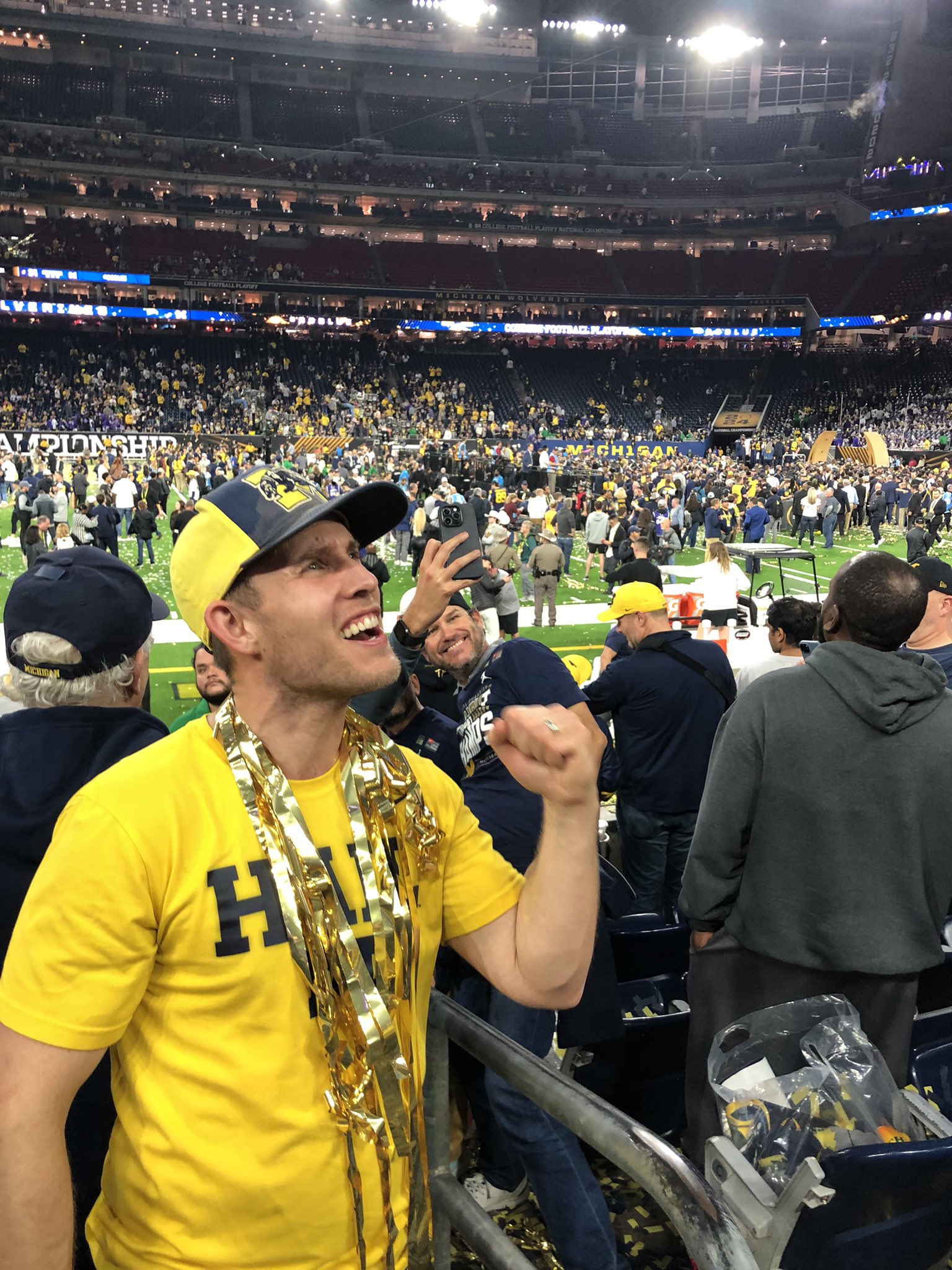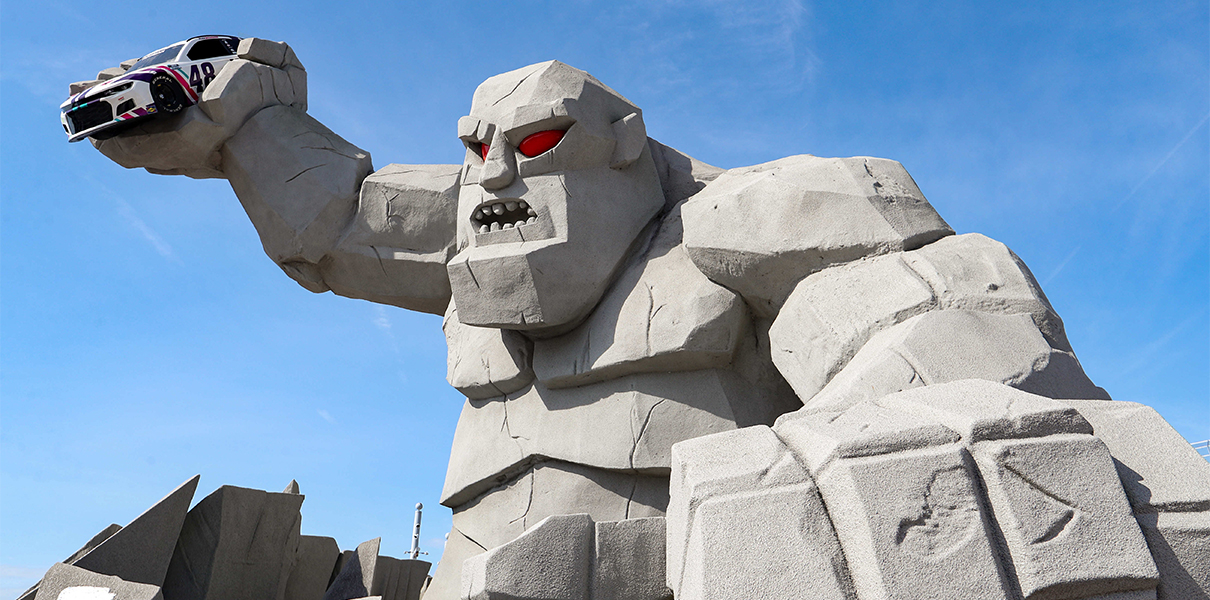It could probably serve as the preamble for most things I write these days, but I want to make sure to say it on this one: I know nothing. Indeed, even those in the know about these topics would concede that they know only fractionally more than nothing. Such is our world right now.
Today, Comcast held its first quarter earnings call with investors, a topic that would almost never be of interest to us. But with Comcast – among many other things – operating as the top cable operator in the Chicago market, we follow them closely. The Cubs and their new TV network, Marquee, are still looking to secure a carriage deal to get the channel carried on Comcast Xfinity in Chicago before Cubs games begin.
But those games are not being played. We’re more than a month into what would have been the MLB regular season, and we’re not all that much closer to know precisely when – if at all – games will begin for networks like Marquee to start broadcasting. Sure, there is other programming on the channel, but when it comes to moving the needle enough to get a carriage deal done for an RSN, it’s live sports that you need.
So, then, the question I get a lot: “How is the pandemic and the baseball shutdown going to impact Marquee and Comcast?”
Well, with the preamble in mind – “I know nothing” – the Comcast earnings call started me down a rabbit hole down which some of you might want to join me. There are no hard and fast conclusions here. Just information and thoughts.
The full transcript from the Comcast call is not out yet, so I was following along on Twitter and reading what write-ups I could find, specifically interested in broadcast information and, obviously, sports information. MOST of what Comcast focused on were things like their new streaming service Peacock, their Universal theme parks, and their home broadband service, but the absence of sports definitely impacted their bottom line.
Specifically, Comcast subsidiary Sky (a network in the UK) allowed their customers to pause their sports subscriptions since their are no games. That, of course, means a hit in revenue, but it’s one Comcast has yet to feel stateside, because there is no such equivalent over here.
Instead, things are more complicated and slippery: when sports are off the air, the financial chain of events is precarious.
Consider the way these relationships work: the end consumer pays a cable company a monthly fee for a bundle of channels –> the cable company pays the RSN a monthly fee for the privilege of carrying and selling that channel in the bundle –> the RSN pays the sports team a fee for the right to broadcast a certain number of games over a certain time period –> the RSN sells advertising against their programming, but particularly their live sports content.
That whole chain of intermingling monies falls apart with the live sports, and that Comcast call makes me think we’re just starting to see the cracks.
Consider that some cable providers may already be considering holding back their monthly fees paid to sports networks because there is no sports content:
This is not surprising, but it’s a huge deal. Dominos are going to start falling if ESPN can’t collect rights fees. Disney already getting killed by park and theater closures. https://t.co/Qq2Zi6JsCR
— Nate Jones (@JonesOnTheNBA) April 28, 2020
Now consider that this would be happening only where (1) the carriage agreements permit it, and (2) the cable companies fear that serious subscriber losses (or refunds) are looming because of the lack of sports.
NOW consider what happens if a bunch of cable providers stop paying RSNs for their channels – or worse, cancel agreements entirely, if permissible. Those RSNs get absolutely crushed, and in turn, likely look to their agreements to pay teams for their sports content and try to get out of that so long as there are not games. Meanwhile, the RSNs are also getting crushed on the ad side because they don’t have premium inventory available right now.
There is risk here that, without sports coming back soon, we’re talking about a transformative event for many RSNs, especially if consumers start rattling sabers with their cable providers about their huge monthly bill, which includes a giant chunk for sports channels. Because if those folks start threatening, and then cable providers start cancelling carriage deals, some RSNs could flat out go broke within a year.
For cable providers, though, the spot is tricky: they could try to cancel carriage agreements, since they’re paying huge monthly fees for content that isn’t there (and then passing it on to their customers, who are complaining and cancelling – why even have cable right now at all?). But if and when sports come back, the ratings could be absolutely enormous. It might be the most valuable year or two to have sports in the last decade … so if you were to cancel your carriage deals now, and then sports come back, suddenly, you’re over a barrel ….
Especially because so many of the RSNs are now either controlled by, or partnered with, Sinclair.
Remember, the Cubs partnered with Sinclair on the creation of Marquee, and then Sinclair subsequently partnered with the Yankees on YES Network and purchased the FOX RSNs. That means Sinclair is an enormous player in the sports content world, especially baseball (more than half of the teams). So, then, if Sinclair can survive the storm right now, they will be very well positioned to leverage the return of sports into carriage deals for Marquee and other RSNs.
In a sign of how truly bizarre things are right now? One of the biggest concerns we had about a Marquee/Comcast deal was the possibility that Sinclair would try to bundle its Marquee negotiations together with its FOX RSNs, most of which are reportedly not actually coming up on expiration until August. In a world where Opening Day was in March, that was terrifying. But now, in a world where Opening Day won’t be until July, at the earliest, Sinclair bundling Marquee with the FOX RSNs to maximize leverage is no longer particularly scary. Heck, it might actually wind up working out better for the Cubs and Marquee than things would have worked out back in March.
Of note, although Sinclair’s business had been absolutely hammered since it entered the RSN space last year, it is one of the few companies that – at least by the stock price – has weathered the pandemic very well (you’ll have that when you’re a TV broadcast company and everyone is stuck at home). There were, and probably still are, reasons to be concerned about how Sinclair’s business troubles would impact their carriage negotiations for Marquee, but maybe they are now slightly better positioned than they were.
Either way, hopefully a deal gets done for the fans in time for games to return, whenever that might be.
Something I wonder about: we are almost a decade into the cord-cutting era, and it was already long true that launching a traditional cable channel right now was a risky bid (aided slightly by the fact that MLB returned local streaming rights to the individual teams). So it’s fair to say that the cable model, as it relates to sports RSNs, probably wasn’t going to last forever (I suspect the Cubs know this, and eventually Marquee will transition – as everything must – into something more streaming-focused). But an implosion in the cable model was not imminent. The fuse was lit, yes, but the fuse was still probably 10+ years long. Will this pandemic, and the titanic shifts it will create in the sports world *AND* in the consumer video consumption market, shrink that fuse?
Like I said, there is no conclusion here. The negotiations between Marquee and Comcast, I’m sure, are ongoing only in a very general sense, and it’s hard to imagine any kind of carriage deal getting done until everyone knows for certain when baseball will return. Moreover, the pandemic, I’m sure, is going to have a fundamental long-term impact on this corner of the sports world, but it’s still too early to accurately predict exactly what that impact will be. It’s fair to surmise that Marquee, as an entity, is probably struggling right now (who isn’t in the sports media landscape?).
It’s also fair to surmise, since the Cubs’ owners also are the majority owners of Marquee, there is going to be an impact to the team, too. Even though it might seem like robbing Peter to pay Paul, it’s not inconceivable that the Cubs entity might have to pay back some rights fees to Marquee this year for games that aren’t played (just like any other RSN situation). We’ll get there when we get there. No conclusions!



